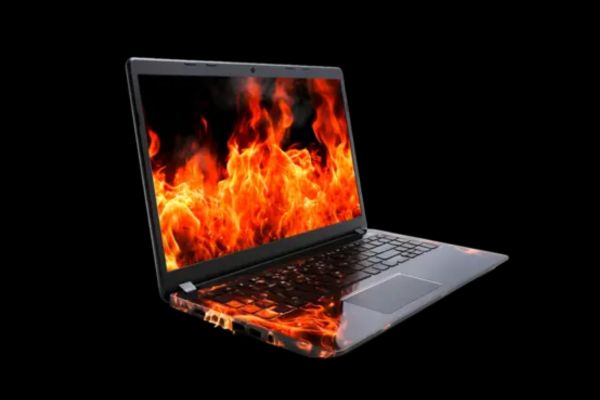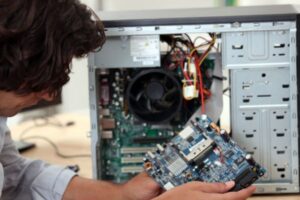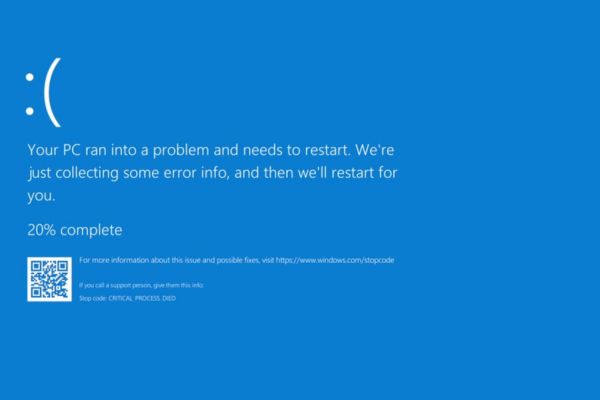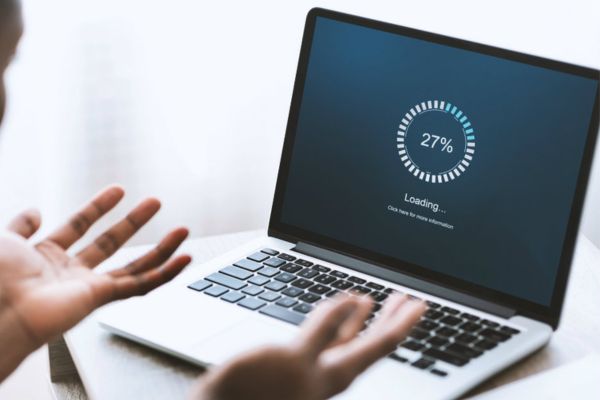In the fast-paced world of technology, laptops are essential tools for both personal and professional tasks. However, many users encounter a frustrating issue: laptop overheating and crashing. This problem not only hampers productivity but can also lead to irreversible hardware damage. In this comprehensive guide, we will explore the common causes of laptop overheating and crashing, as well as effective solutions to mitigate these issues.
Understanding Laptop Overheating
Laptop overheating occurs when a device’s internal temperature exceeds its normal operating range. Typically, this temperature should remain around 50 to 95 degrees Fahrenheit (10 to 35 degrees Celsius), depending on the model and usage. When temperatures rise significantly above this range, users may notice performance issues, including sluggishness, unexpected shutdowns, or even crashing.
Causes of Laptop Overheating
Understanding the root causes of overheating is critical in preventing further damage. Below are the primary factors that contribute to laptop overheating.
1. Dust Accumulation
Dust and debris can accumulate within the laptop, obstructing airflow. This blockage impairs the cooling system, causing components to heat up.
- Solution: Regularly clean your laptop’s vents and fans. A can of compressed air can effectively remove dust buildup.
2. Poor Ventilation
Operating your laptop on soft surfaces, such as beds or couches, can block air vents, reducing airflow.
- Solution: Always use your laptop on a hard, flat surface. Consider investing in a laptop cooling pad to enhance ventilation.
3. Malfunctioning Cooling System
The cooling system, which typically includes fans and heat sinks, plays a crucial role in maintaining optimal temperatures. If these components fail or function improperly, the laptop may overheat.
- Solution: Regularly check if the fans are operational and clean them if necessary. If the cooling system is damaged, it may require professional repair or replacement.
4. High-Performance Tasks
Running resource-intensive applications, such as gaming or video editing software, can significantly increase CPU and GPU usage, resulting in overheating.
- Solution: Monitor your task manager for resource-heavy applications. Consider closing unnecessary applications or upgrading your hardware for improved performance.
5. Outdated Drivers and Software
Outdated or incompatible drivers can lead to inefficient resource management, causing the laptop to overheat.
- Solution: Regularly update your operating system and drivers to ensure compatibility and efficiency.
6. Ambient Temperature
Operating a laptop in high-temperature environments can exacerbate overheating issues.
- Solution: Always use your laptop in a well-ventilated, temperature-controlled area.
Signs Your Laptop is Overheating
Recognizing the signs of overheating early can help prevent crashes and long-term damage. Here are common indicators:
- Frequent Crashes: If your laptop crashes unexpectedly, it may be due to overheating.
- Loud Fan Noise: A noticeable increase in fan noise may indicate that the cooling system is working overtime.
- Hot Surface: If the surface of the laptop becomes excessively hot to the touch, it is likely overheating.
- Slow Performance: An overheating laptop may throttle performance to manage temperatures.
Preventive Measures to Avoid Overheating
Taking proactive measures can help keep your laptop cool and functioning efficiently.
1. Regular Maintenance
Establish a routine maintenance schedule. This includes cleaning the vents, fans, and other components.
2. Optimize Power Settings
Adjust your laptop’s power settings to optimize performance and reduce heat. Use power-saving modes when performing less intensive tasks.
3. Monitor System Health
Utilize software tools to monitor CPU and GPU temperatures. This allows you to detect potential overheating before it becomes a critical issue.
4. Upgrade Hardware
Consider upgrading your laptop’s hardware, such as adding more RAM or using an SSD. Enhanced performance can reduce strain and heat generation.
5. Limit Resource-Intensive Activities
If possible, limit the use of resource-intensive applications. Spread out tasks that require high processing power to give your laptop time to cool down.
What to Do When Your Laptop Crashes
If your laptop crashes due to overheating, here are steps to take:
1. Allow Cooling Time
First, turn off your laptop and let it cool down for at least 30 minutes before attempting to use it again.
2. Check for Errors
Upon rebooting, check for error messages or logs that may indicate the cause of the crash.
3. Run Diagnostics
Most laptops come with built-in diagnostic tools. Running these can help identify hardware or software issues contributing to overheating.
4. Seek Professional Help
If overheating persists despite following preventive measures, consider consulting a professional technician for a thorough inspection.
Conclusion
Laptop overheating and crashing can significantly hinder productivity and lead to severe hardware issues. By understanding the causes and implementing preventive measures, users can enhance their laptop’s performance and longevity. Regular maintenance, hardware upgrades, and mindful usage are key strategies in combating overheating. By taking action now, you can ensure that your laptop remains cool, efficient, and reliable for all your computing needs.




